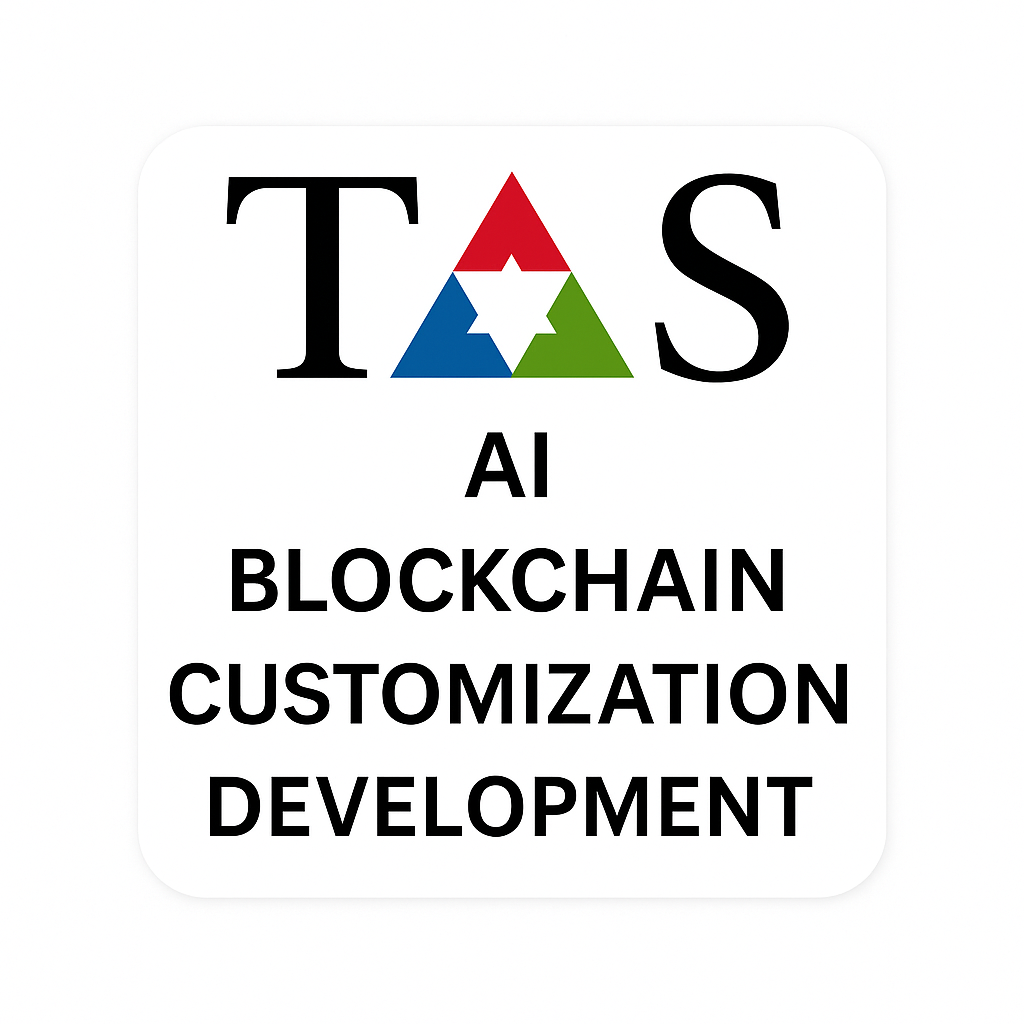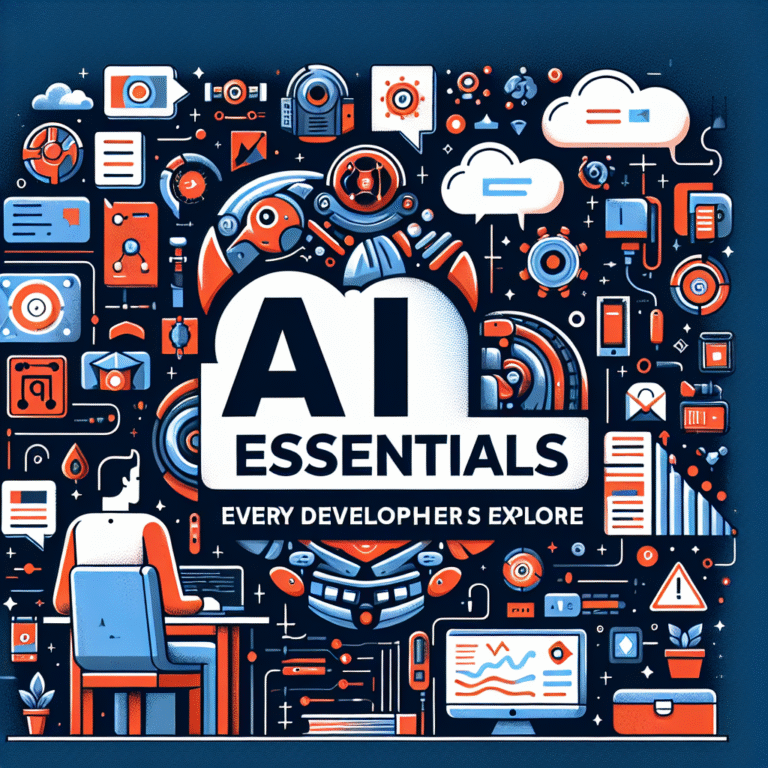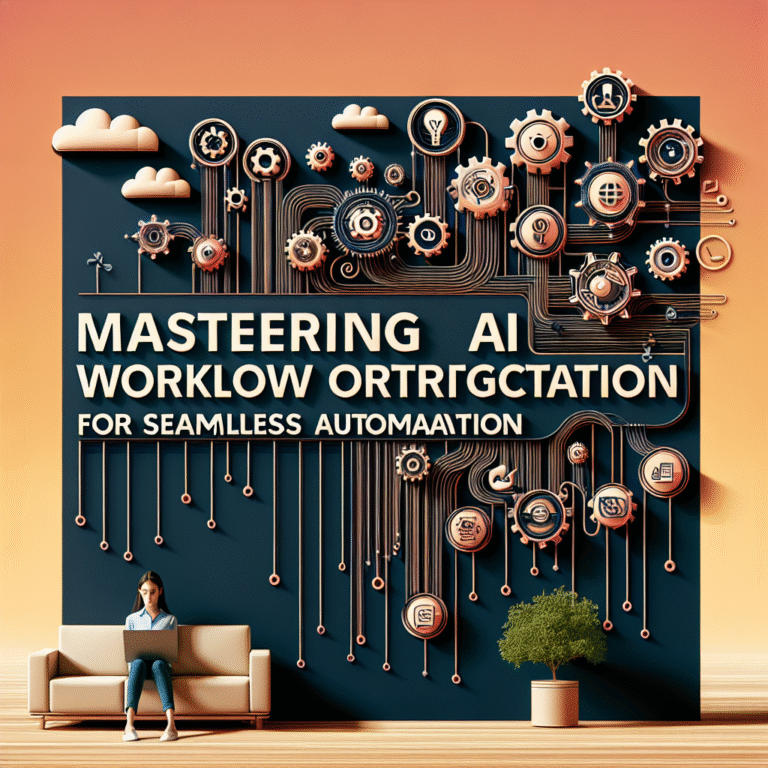Natural Language Processing: Transforming Industries
Natural Language Processing (NLP) is a branch of artificial intelligence that focuses on the interaction between computers and humans through natural language.
As businesses increasingly rely on data-driven decisions, NLP has emerged as a transformative technology across various industries. In this article, we will explore the diverse use cases of NLP and how it is reshaping the way organizations operate.
Understanding Natural Language Processing
NLP encompasses various techniques that enable computers to understand, interpret, and generate human language. At its core, NLP combines linguistics and machine learning to process large amounts of natural language data.
Key Components of NLP
- Tokenization: Breaking down text into smaller units such as words or phrases.
- Sentiment Analysis: Determining the emotional tone behind a series of words.
- Named Entity Recognition (NER): Identifying and classifying key elements from text into predefined categories.
- Part-of-Speech Tagging: Assigning parts of speech to each word in a sentence.
- Machine Translation: Converting text from one language to another.
Use Cases of NLP Across Industries
Natural Language Processing has numerous practical applications across various sectors. Here are some key use cases:
1. Healthcare
NLP is revolutionizing healthcare by enabling better patient care and operational efficiency.
- Clinical Documentation: Automating the transcription of doctor-patient conversations.
- Sentiment Analysis: Analyzing patient feedback to improve services.
- Data Extraction: Pulling relevant information from unstructured clinical notes.
2. Finance
In finance, NLP is used to enhance decision-making and risk assessment.
- Fraud Detection: Identifying suspicious transactions through pattern recognition.
- Market Sentiment Analysis: Analyzing news articles and social media to gauge market sentiment.
- Automated Customer Support: Using chatbots to handle customer inquiries efficiently.
3. Retail
Retail businesses are leveraging NLP to enhance customer experience and operational efficiency.
- Personalized Recommendations: Analyzing customer reviews and feedback to offer tailored product suggestions.
- Chatbots: Providing real-time assistance to customers.
- Inventory Management: Analyzing sales data to predict trends and manage stock levels.
4. Education
NLP is transforming the education sector by enabling personalized learning experiences.
- Automated Grading: Using NLP to grade essays and assignments.
- Language Learning Apps: Enhancing vocabulary and grammar skills through interactive exercises.
- Content Summarization: Creating concise summaries of educational materials.
5. Legal
NLP is streamlining legal processes and improving accessibility to legal information.
- Contract Analysis: Automating the review and analysis of legal documents.
- Legal Research: Enhancing search capabilities within legal databases.
- Case Prediction: Using historical data to predict case outcomes.
6. Marketing
In marketing, NLP is being utilized to better understand consumer behavior and preferences.
- Content Creation: Automating the generation of marketing copy.
- Audience Segmentation: Analyzing customer data to create targeted marketing campaigns.
- Social Media Monitoring: Tracking brand mentions and sentiment analysis.
Benefits of NLP Implementation
Implementing NLP technologies offers several advantages to organizations:
- Enhanced Efficiency: Automating tedious tasks allows employees to focus on more strategic activities.
- Improved Accuracy: NLP reduces human error in data processing.
- Cost Savings: Automation leads to significant reductions in operational costs.
- Better Customer Experience: Personalized interactions cater to customer needs effectively.
Challenges in NLP
Despite its benefits, NLP implementation comes with its challenges:
- Language Nuances: Capturing the subtleties and variations in human language can be difficult.
- Data Privacy: Handling sensitive data responsibly while maintaining compliance with regulations.
- Resource Intensive: NLP models can be computationally expensive and require significant resources.
Future of NLP
The future of NLP is promising, with advancements in deep learning and AI continually pushing the boundaries of what is possible. Emerging trends include:
- Conversational AI: Development of more advanced chatbots and virtual assistants.
- Multimodal NLP: Integrating text with other forms of data such as images and audio.
- Ethical AI: Ensuring responsible AI practices in NLP applications.
FAQ
What is Natural Language Processing?
Natural Language Processing (NLP) is a field of artificial intelligence that enables computers to understand and respond to human language.
How is NLP used in healthcare?
NLP in healthcare can automate clinical documentation, analyze patient feedback, and extract valuable data from unstructured notes.
What are some challenges of implementing NLP?
Challenges include capturing language nuances, ensuring data privacy, and the resource-intensive nature of NLP models.
What industries are benefiting from NLP?
NLP is transforming industries such as healthcare, finance, retail, education, legal, and marketing.
What are the future trends in NLP?
Future trends include advancements in conversational AI, multimodal NLP, and ethical AI practices.




